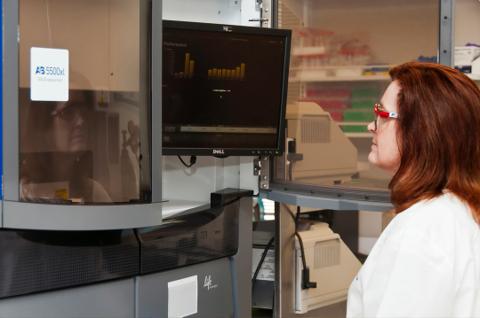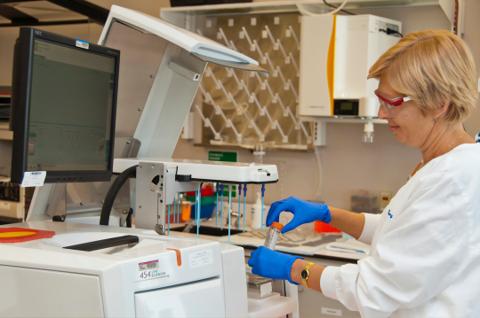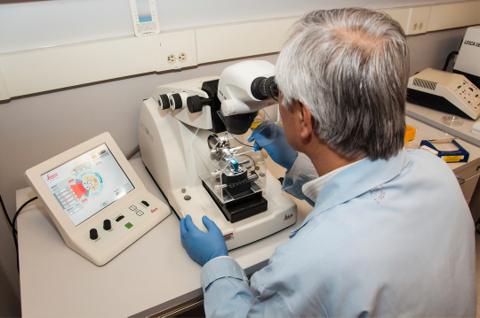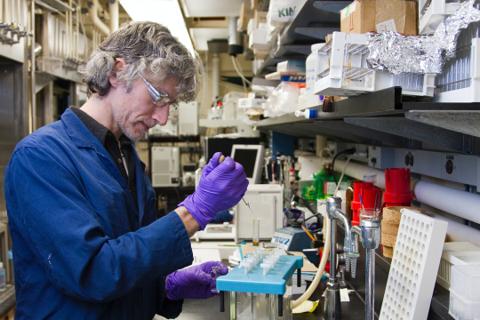The Role of Physical Activity in Preventing Age-Related Cognitive Decline :
As we age, cognitive decline becomes a common concern, with conditions like dementia and Alzheimer's disease affecting many older adults. However, studies show that regular physical activity can significantly reduce the risk of cognitive decline and improve brain function in aging individuals. Exercise is linked to better memory, improved learning abilities, and enhanced overall brain health.
Increased Brain-Derived Neurotrophic Factor :
Exercise stimulates the production of BDNF, a protein that supports the growth and survival of neurons. This is crucial for brain plasticity, which helps maintain cognitive function as we age.
Improved Blood Flow to the Brain:
Physical activity, particularly aerobic exercise, increases blood flow to the brain, providing it with more oxygen and nutrients. This helps to keep brain cells healthy and supports better cognitive performance.
Enhanced Neurogenesis:
Regular exercise encourages the growth of new neurons, particularly in the hippocampus, which is essential for memory and learning. This process, called neurogenesis, plays a key role in maintaining cognitive function throughout life.
Reduced Inflammation:
Chronic inflammation is linked to neurodegenerative diseases. Exercise helps reduce inflammation in the brain, lowering the risk of developing conditions like Alzheimer's disease and improving mental clarity.



